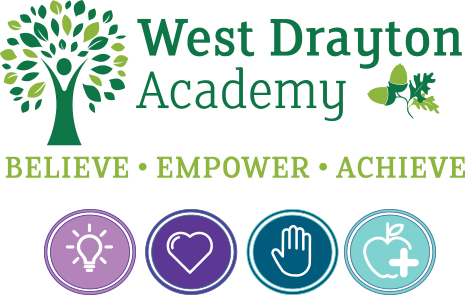OPAL (Outdoor Play & Learning)
We have recently started a programme to improve opportunities for physical activity, socialisation, co-operation, coordination, resilience, creativity, imagination and enjoyment through improved play.
The OPAL Outdoor Play and Learning Programme is the result of 17 years of testing and development in over 1000 UK schools and many other countries in the world.
OPAL is based on the idea that as well as learning through good teaching, your children also learn when they play, and as 20% of their time in school is playtime, we want to make sure that this amount of time (equivalent to 1.4 years of primary school) is as good as possible.
The kind of play you will see developing at our school:
- Creative and open-ended ways to play outside with upcycled materials and natural loose parts.
- Opportunities for children to take responsibility for their play.
- Outdoor play in all weather and all seasons.
- Risk-benefit approach to supervision which allows children to experience managing risk in their play.
The kind of approaches the school will be taking to play:
- We supervise and support play that is challenging, creative, and child-led; we supervise play with an understanding of respect, trust, and support for children.
- Play is a right not a privilege; we protect all children’s right to play and ensure that playtimes and access to the outdoors is not a privilege.
- We play in rain, snow, mud and sunshine; we promote all weather play and have resources (e.g. indoor shoes, library for outdoor clothing) in place for children to be able to get outside and play in all weather.
There are many proven benefits for schools which carry out the OPAL Programme. They usually include: more enjoyment of school, less teaching time lost to disputes between children, less accidents and greatly improved behaviour.
Play is not messing about. It is the process evolution has come up with the enable children to learn all the things that cannot be taught, while also feeling like it is fun. There are certain things children must have in order to be able to play. These include:
- Having clothes that you can play in
- Having things to play with
- Having a certain amount of freedom
As we make improvements to play opportunities for your children, you may find that we will be asking you for resources and unwanted items you may have at home. Your children may get a bit messier, be exposed to more challenges and have greater freedoms to play where, with whom and how they like. The experiences we are fostering are essential for children’s physical and mental well-being and health and in line with all current good practice advice on health safety, well-being and development.
If you would like to learn all about OPAL and watch several videos about the programme please visit the OPAL website by clicking here.
